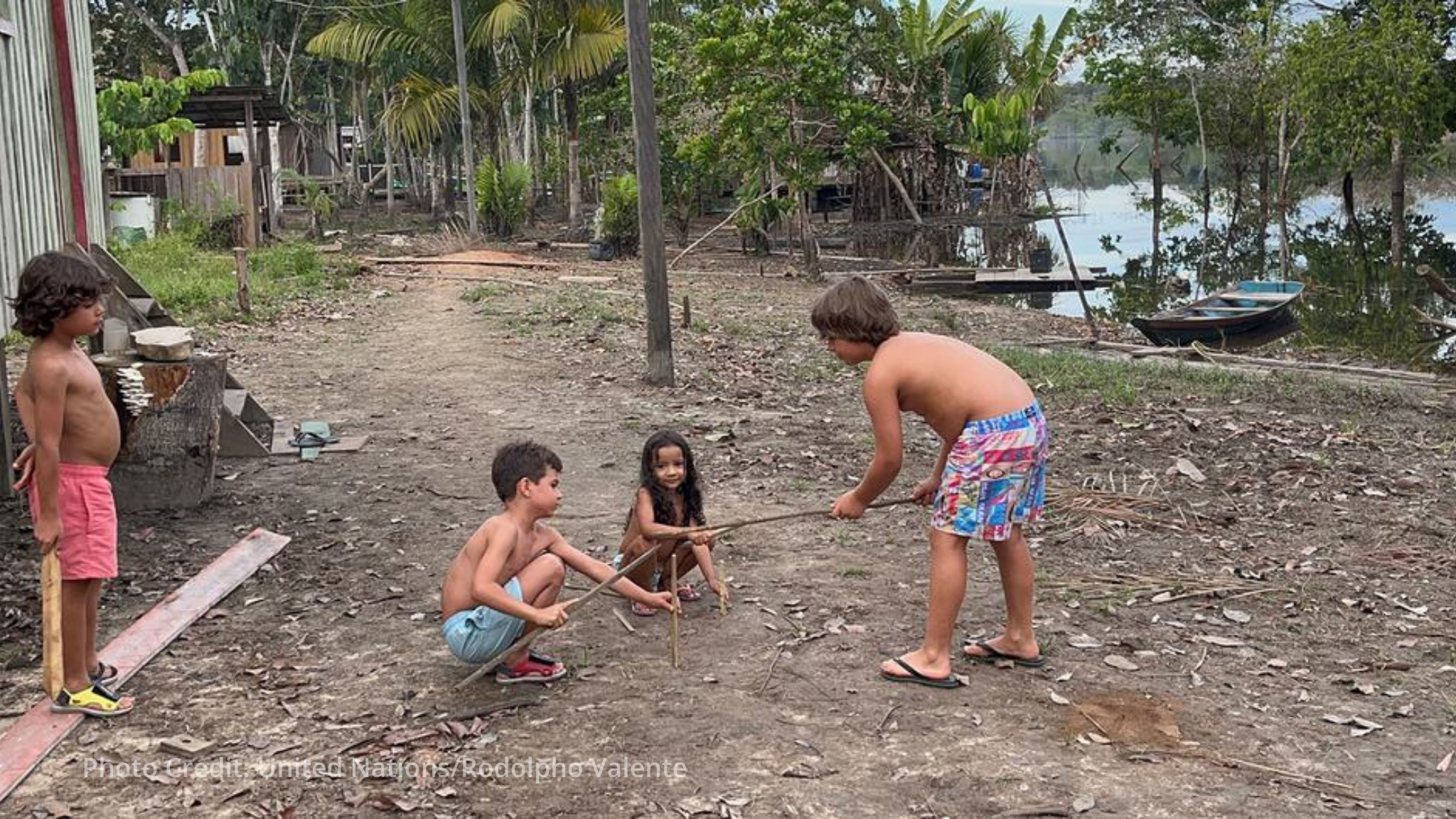Climate change is pushing millions of children in Latin America and the Caribbean closer to poverty, a new announcement from United Nations Children’s Fund (UNICEF) and the UN Economic Commission for Latin America and the Caribbean warns. If countries keep dragging their feet on climate action, at least 5.9 million more kids and teens could fall into poverty by 2030. The situation could get even worse—up to 17.9 million—if government promises to cut emissions and support children’s services aren’t met.
The findings, shared Thursday in Panama, paint a worrying picture for the region’s youngest. Heatwaves, hurricanes, and other disasters hit not just homes and schools, but make it harder for families to get by. Kids are especially at risk because their bodies and minds are still developing, and these shocks can leave long-lasting scars.
Roberto Benes, UNICEF’s regional chief, says children shouldn’t be left to shoulder the burden of climate change alone. “If they can’t meet their basic needs or access the right support, we’re setting them up for a lifetime of disadvantage,” Benes said. Despite this, climate funding for children is still rare—just 3.4% of all climate finance in the region goes toward young people, even as aid budgets tighten.
The report urges governments to act: invest in health, education, water, and nutrition services that can withstand climate impacts, especially for babies and toddlers. It also calls for climate topics in schools and emergency plans that focus on kids’ needs, not just adults.
UNICEF and ECLAC say children must be at the heart of every climate plan. That’s the only way to make sure no one gets left behind as the planet changes.

